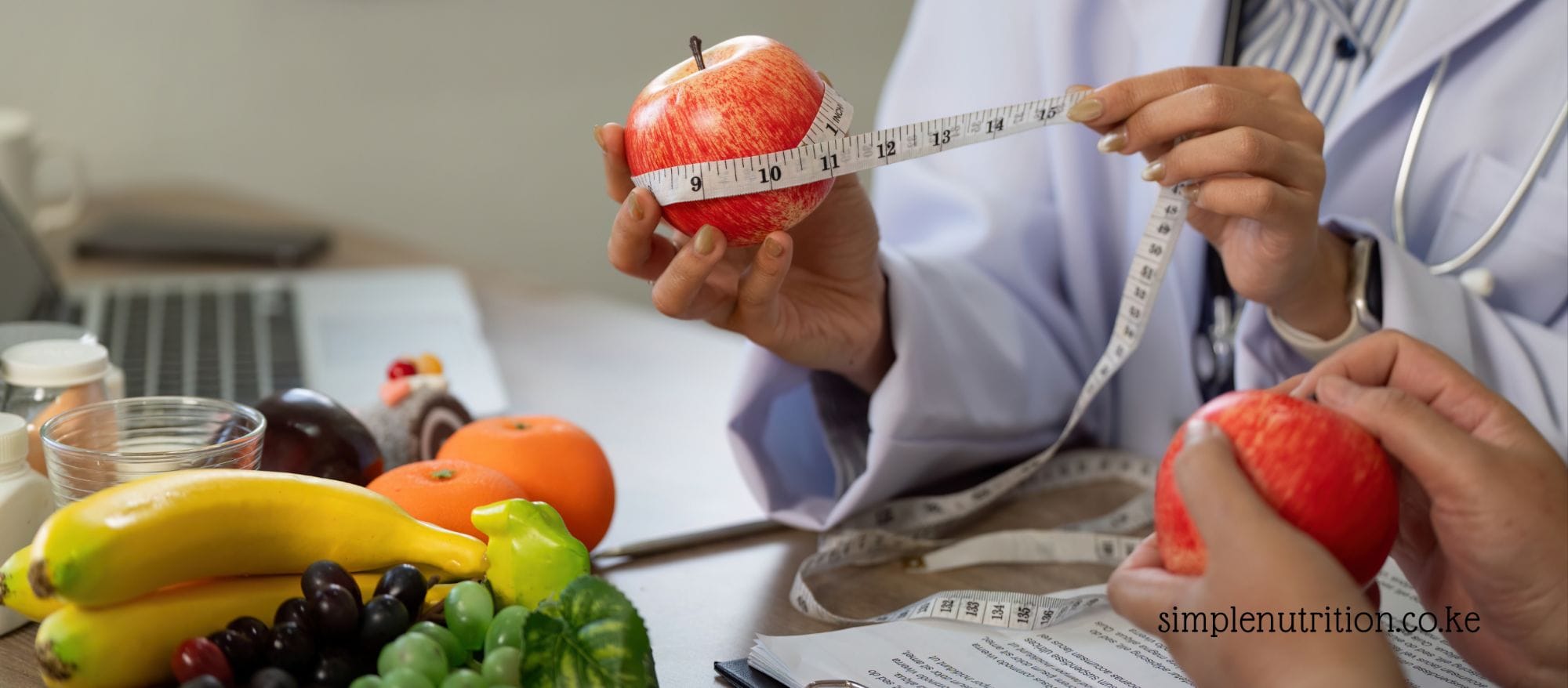Living with diabetes goes beyond watching what you eat it’s about understanding how high blood sugar levels affect your body over time. Without proper management, diabetes can lead to serious complications. But the good news? Most of these are preventable.
Let’s break down the most common complications, how to manage them, and what you can start doing today to protect your health.
1. Nerve Damage (Diabetic Neuropathy)
What it is:
Nerve damage happens when consistently high blood sugar levels affect your nerves especially in your legs and feet.
Signs to look out for:
- Numbness or tingling in hands and feet
- Sharp or burning pain
- Weakness or balance issues
Simple Nutrition Tip:
Include foods rich in vitamin B-complex (like whole grains, beans, and green leafy veggies) to support nerve health.
Management Tips:
Keep your blood sugar levels within the target range
Always check your feet for cuts, swelling, or wounds
Wear comfortable shoes and avoid walking barefoot
Related post: Discover the Role of Fibre in a Healthy Diet
2. Kidney Damage (Diabetic Nephropathy)
What it is:
The kidneys filter waste from your blood, but high glucose levels can damage these filters over time.
Common signs:
- Swelling in the feet, ankles, or hands
- Protein in the urine
- Increased blood pressure
Simple Nutrition Tip:
Cut down on salty snacks and processed foods. Drink plenty of water, and include antioxidant-rich fruits like berries.
Management Tips:
Get regular kidney function tests (eGFR and urine albumin tests)
Maintain healthy blood pressure
Reduce protein overload from red meats—opt for plant-based proteins
Related post: How To Improve Kidney Health with Diet
3. Eye Problems (Diabetic Retinopathy)
What it is:
High blood sugar can damage the tiny blood vessels in your eyes, leading to vision issues or even blindness.
What to look out for:
- Blurred or double vision
- Dark or empty spots in your sight
- Difficulty seeing at night
Simple Nutrition Tip:
Load your plate with carrots, spinach, sweet potatoes, and pumpkin—foods rich in vitamin A and lutein.
Management Tips:
Go for annual eye exams, even when your vision feels okay
Control both your blood sugar and blood pressure
Wear sunglasses to protect your eyes from UV damage
Related post: 5 Top Fruits That Can Boost Your Eye Health
4. Heart Disease and Stroke
What it is:
People with diabetes are more likely to develop high blood pressure and cholesterol, increasing the risk of heart disease and stroke.
Warning signs:
- Shortness of breath
- Chest discomfort
- Sudden dizziness or trouble speaking (in case of stroke)
Simple Nutrition Tip:
Swap out deep-fried meals for heart-friendly options like grilled fish, boiled waru (potatoes), and avocado.
Management Tips:
Exercise for at least 30 minutes most days
Avoid sugary drinks and limit alcohol
Use healthy fats like olive oil and skip the margarine
Related post: How to Eat Normally and Maintain a Healthy Weight
5. Foot Problems
What it is:
Due to reduced blood flow and nerve damage, minor foot issues can turn into serious infections or even require amputation.
Things to check for:
- Cuts or wounds that don’t heal
- Corns, calluses, or blisters
- Foot shape changes or ulcers
Simple Nutrition Tip:
A diet rich in whole grains, fresh veggies, and omega-3s promotes better blood circulation.
Management Tips:
Wash and dry your feet daily
Moisturize but avoid areas between the toes
See a podiatrist regularly
Related post: How to Recognize the Warning Signs of an Eating Disorder
6. Skin Complications
What it is:
Dry skin, infections, and fungal issues are more common in people with diabetes.
Look out for:
- Rashes or redness
- Fungal infections (especially between toes or underarms)
- Cuts that take long to heal
Simple Nutrition Tip:
Drink enough water every day and include zinc-rich foods like pumpkin seeds and beans to support skin healing.
Management Tips:
Use mild, non-drying soaps
Treat cuts and scrapes promptly
Keep skin moisturized to prevent cracks
Related post: Struggling to Drink Enough Water? Here’s How to Stay Hydrated
The truth is, managing diabetes is not just about avoiding sugar. It’s about your whole lifestyle. From what you eat to how you move, rest, and hydrate, small changes can make a big difference in preventing complications.
Discover more from Simple Nutrition
Subscribe to get the latest posts sent to your email.




Informative